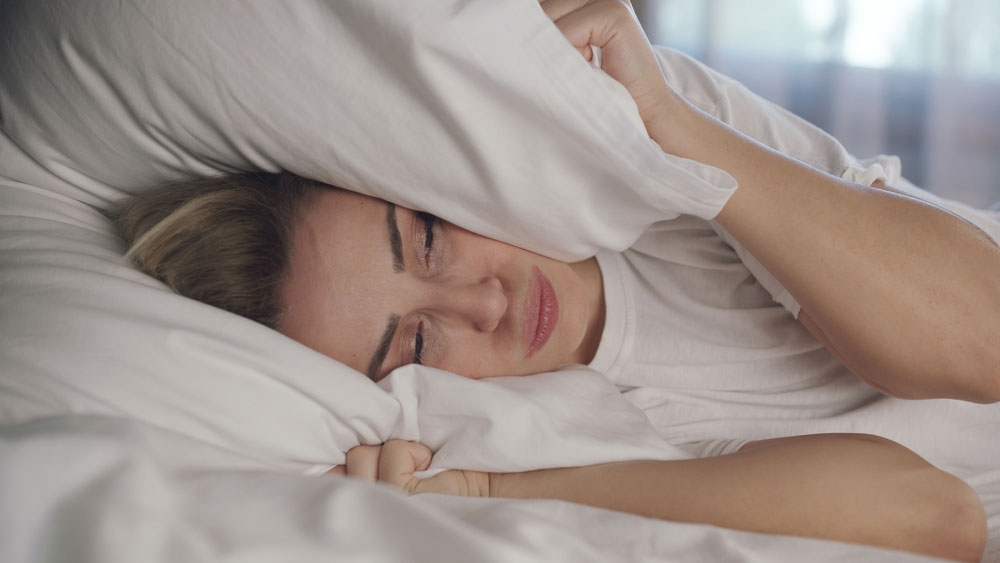Major depressive disorder often comes with significant sleep disturbances. Whether falling asleep is a nightly struggle or getting out of bed feels like an overwhelming obstacle, changes in sleep patterns are a depression symptom that can also contribute to the severity and duration of mood disorders.
The Relationship Between Sleep and Depression
Two of the most common sleep-related issues associated with depression are insomnia and hypersomnia.
- Insomnia: Many people with depression have difficulty falling asleep and staying asleep. You may wake up multiple times a night and have trouble dropping back off. Insomnia can exacerbate other depressive symptoms like irritability, lack of concentration, and fatigue, creating a vicious cycle that can make recovery more challenging.
- Hypersomnia: Conversely, some people with depression experience hypersomnia, which involves excessive sleepiness or sleeping too much. This condition can also be problematic, leading to feelings of disorientation, a lack of energy, and difficulty maintaining a regular daily routine.
How Sleep Problems Exacerbate Depression
Sleep disruptions can significantly impact your mood, cognitive function, and physical health. Inadequate sleep affects the prefrontal cortex, which is responsible for mood regulation and decision-making, thereby increasing emotional reactivity and decreasing emotional resilience. Moreover, poor sleep can affect neurotransmitters linked to your mood, exacerbating depressive symptoms.
Treating depression-related sleep disorders requires a multifaceted approach.
- Cognitive behavioral therapy: This specialized approach is highly effective for treating insomnia. It involves changing sleep patterns and rectifying habits that contribute to sleep difficulties.
- Medication: In some cases, your doctor may prescribe you medications like sedative-hypnotics for insomnia or stimulants for hypersomnia. Antidepressants with sedative effects can also be helpful in managing your sleep problems and depressive symptoms.
- Sleep hygiene practices: Establishing a regular sleep schedule, creating a comfortable environment, and doing activities that help your body and mind wind down at night can significantly improve sleep quality.
Establishing Healthier Sleep Habits
Creating and maintaining healthy sleep habits can be beneficial for managing depression.
- Consistency is key: Going to bed and waking up at the same time every day, including weekends, helps regulate your body’s sleep-wake cycle.
- Optimize your sleep environment: Make your bedroom a quiet, dark, comfortable, and cool haven. Invest in a quality mattress, bedding, and pillows.
- Wind down effectively: Develop a bedtime routine that puts you in the mindset for a full night of restful sleep, such as reading a book, taking a warm bath, or practicing exercises like deep breathing, gentle yoga stretches, or progressive muscle relaxation.
- Limit exposure to screens: Reduce blue light exposure from phones, tablets, and computers at least an hour before bedtime to improve sleep quality.
When to Seek Mental Health Treatment
Understanding and addressing the complex relationship between sleep and depression is essential for effective treatment and recovery. At Palm Springs Behavioral Health, we provide holistic care that includes addressing sleep disturbances as part of our comprehensive approach to treating depression. If depression and sleep issues disrupt your life, connect with us today.

